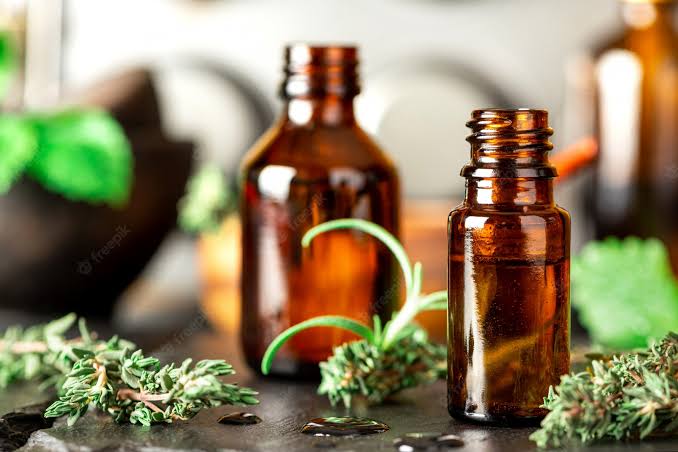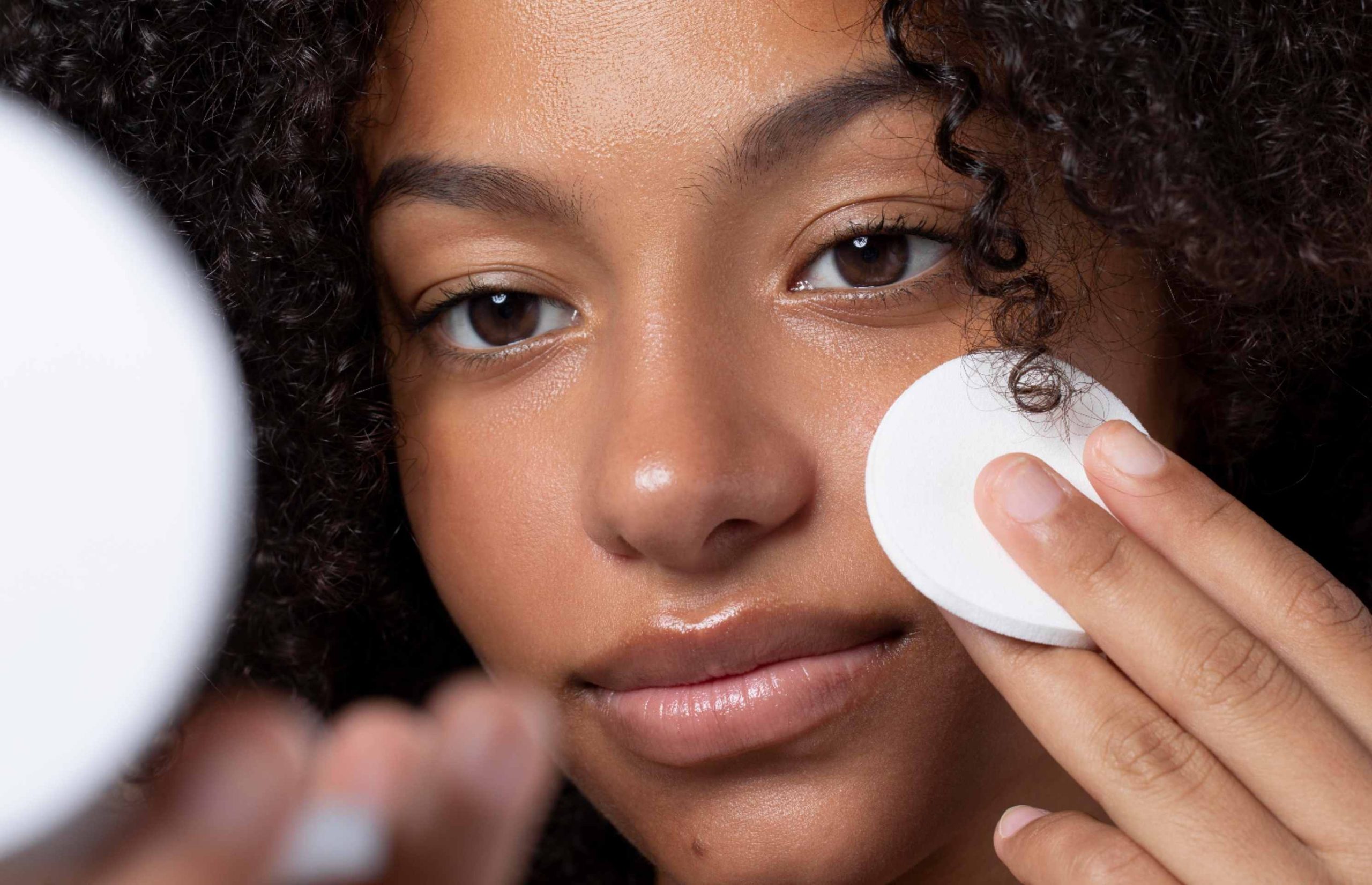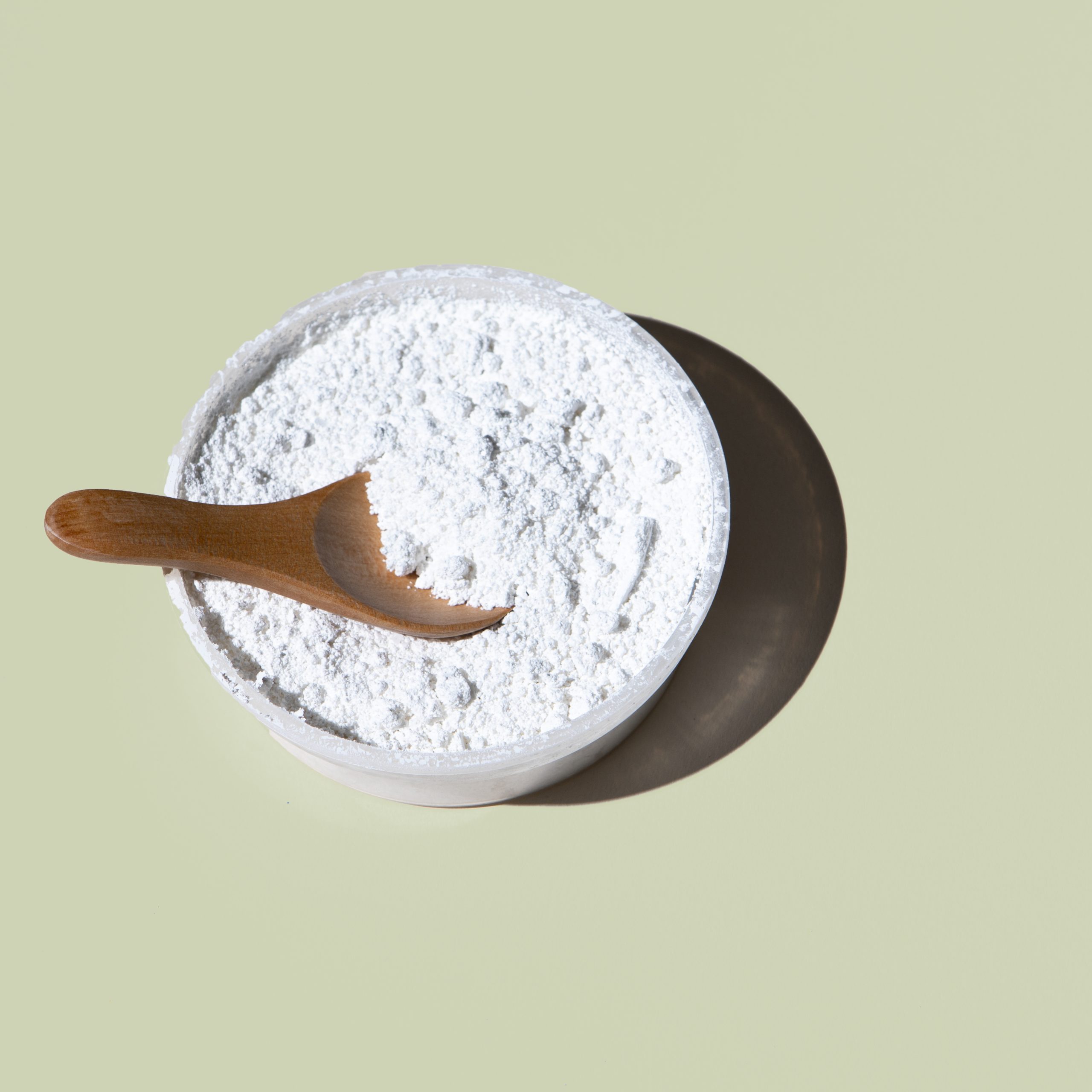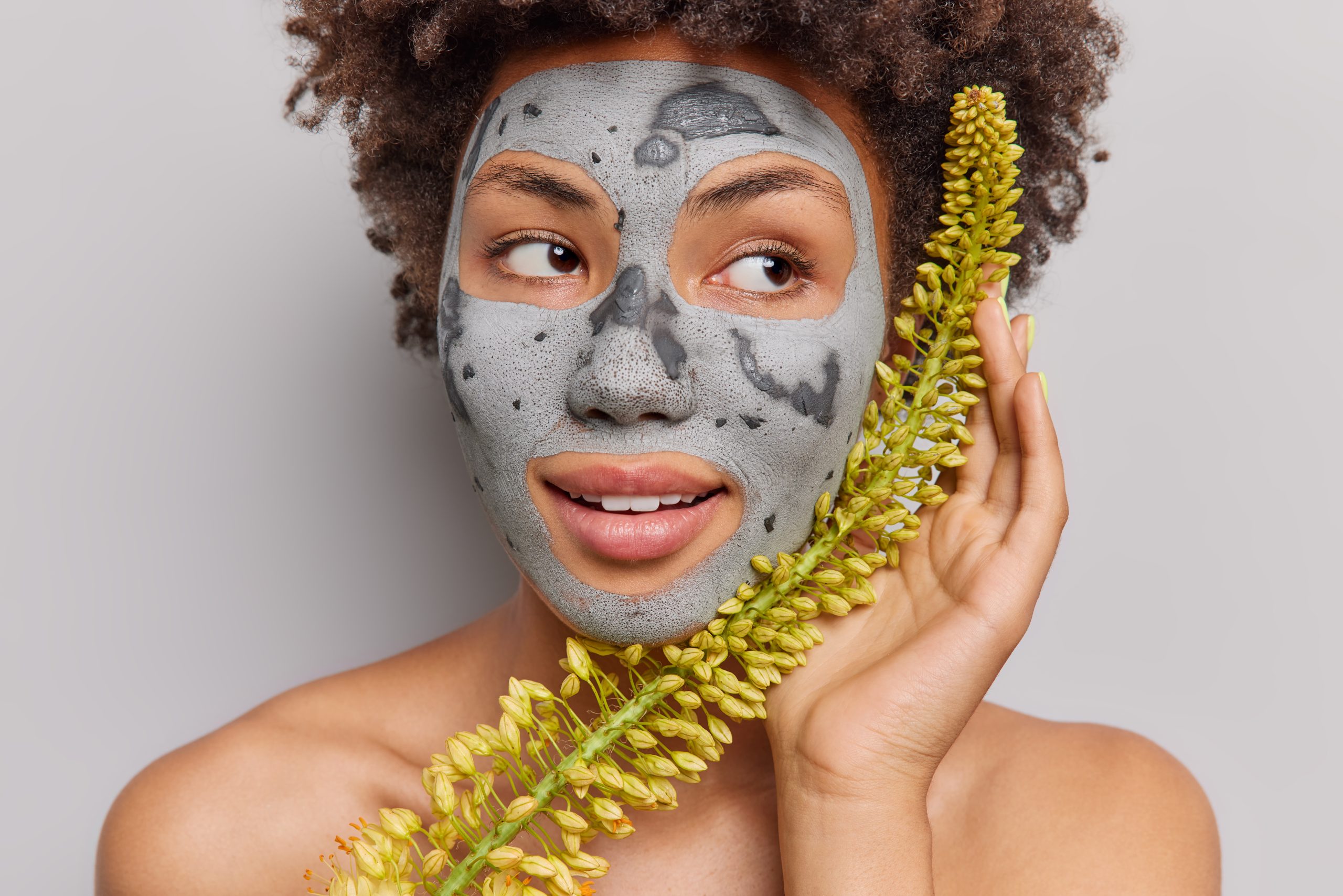The desire for fair and even-toned skin has driven many people to try various methods to lighten their skin, including the use of essential oils. Because of their natural qualities and possible advantages, essential oils have grown in popularity in the field of skincare. It is however important to understand the limitations and potential hazards of utilizing essential oils for skin whitening. This article seeks to separate fact from fiction by providing an in-depth analysis of essential oils in relation to skin whitening.
Understanding Skin Pigmentation
Before delving into the world of essential oils and skin whitening, it is crucial to comprehend the basics of skin pigmentation. Skin color is primarily determined by the amount and distribution of a pigment called melanin. Melanin is produced by melanocytes, specialized cells found in the skin. The level of melanin production is determined by genetics, and factors such as sun exposure, hormones, and age also influence skin pigmentation.
Common Myths and Facts About Essential Oils For Skincare
Myth 1: Essential oils are suitable for all skin types.
Fact: While essential oils can offer benefits for the skin, they may not be suitable for all skin types. Some essential oils are more appropriate for specific skin concerns or conditions. For example, essential oils like tea tree oil or lavender oil may be beneficial for acne-prone or sensitive skin, while oils like rosehip seed oil or jojoba oil are well-suited for dry or mature skin. It is important to consider your skin type and specific needs when choosing essential oils for your skincare routine.
Myth 2: All essential oil brands are the same.
Fact: The quality and purity of essential oils can vary significantly among different brands. It is crucial to choose reputable brands that prioritize quality and transparency. Look for essential oil brands that source their oils from reputable suppliers, conduct third-party testing to ensure purity and potency, and provide information about their production processes. High-quality essential oils are typically labeled as pure, organic, and free from additives or synthetic fragrances. Investing in reputable brands ensures that you are using safe and genuine essential oils for your skincare routine.
Myth 3: Essential oils can be used in large quantities for better results.
Fact: Using excessive amounts of essential oils on the skin can lead to adverse reactions and skin sensitization. Essential oils are potent and should be used sparingly and properly diluted to avoid skin irritation or sensitivities. Following the recommended dilution ratios (1-2% essential oil to carrier oil) is crucial for safe and effective use. More is not always better when it comes to essential oils, so it’s important to use them in moderation and respect their potency.
Myth 4: Essential oils are safe for everyone, including pregnant women and children.
Fact: Certain essential oils can pose risks during pregnancy, breastfeeding, or for young children. Some essential oils are known to have hormonal effects or can be irritating to delicate skin. It is essential to exercise caution and consult with a healthcare professional or aromatherapist before using essential oils during pregnancy or on infants and children. They can provide guidance on safe essential oil usage and recommend appropriate oils for specific age groups.
Myth 5: Essential oils provide instant results.
Fact: Skincare results, including the effects of essential oils, require consistency and time. Essential oils are not overnight miracle solutions. It takes time for the skin to respond to regular use and for the beneficial properties of the oils to take effect. Results may vary depending on individual factors such as skin type, specific concerns, and overall skincare routine. It’s important to be patient and consistent in using essential oils to see noticeable improvements in your skin over time.

Myth 6: Essential oils can replace sunscreen.
Fact: Essential oils do not provide sufficient protection against harmful UV rays. While some essential oils may have natural SPF properties, the level of protection they offer is minimal and not enough to rely on for sun protection. It is essential to use a broad-spectrum sunscreen with a sufficient Sun Protection Factor (SPF) to shield your skin from the damaging effects of the sun’s rays. Incorporating essential oils into your skincare routine should not be seen as a substitute for sunscreen application.Top of Form
Myth 7: Essential oils can cure serious illnesses.
Fact: While essential oils have various therapeutic properties, it is important to understand that they are not a substitute for medical treatment. Essential oils should not be relied upon as a sole treatment for serious illnesses or chronic conditions. If you have a medical condition, it is crucial to consult a qualified healthcare professional for proper diagnosis and treatment.
Myth 8: Essential oils can directly lighten or whiten the skin.
Fact: There is a common misconception that essential oils can dramatically lighten the skin and provide a fairer complexion. However, it is important to note that essential oils alone cannot alter the natural pigmentation of the skin. Skin whitening is a complex process that involves the regulation of melanin production, and no essential oil has been scientifically proven to directly lighten the skin.
Myth 9: All essential oils can be ingested.
Fact: Not all essential oils are safe for ingestion. Some essential oils can be toxic or irritating when consumed orally. Ingesting essential oils should be done under the guidance of a trained aromatherapist or healthcare professional. Always check the specific recommendations and safety guidelines for each essential oil before considering ingestion.
Myth 10: Essential oils are completely safe and have no side effects.
Fact: While essential oils are generally considered safe when used properly, they can cause adverse reactions in some individuals. Essential oils are highly concentrated and can be irritating or sensitizing to the skin. It is crucial to properly dilute essential oils and perform a patch test before applying them topically. Additionally, certain essential oils, such as citrus oils, can cause photosensitivity, increasing the skin’s sensitivity to sunlight. It’s important to use essential oils responsibly and be aware of potential side effects.
The Role of Essential Oils in Skincare
Essential oils are highly concentrated plant extracts known for their aromatic and therapeutic properties. They have been used for centuries in various cultures for medicinal and cosmetic purposes. In skincare, essential oils are often incorporated into products due to their potential benefits, such as anti-inflammatory, antimicrobial, and antioxidant properties. They can help moisturize, soothe, and rejuvenate the skin.
10 Essential Oils For Healthier-Looking Complexion
While essential oils may not directly lighten the skin, they can play a role in promoting healthy skin, which can contribute to a brighter and more even complexion. Some essential oils possess properties that help address specific skin concerns, such as dark spots, blemishes, and uneven skin tone. Here are a few essential oils that are commonly used in skincare and may contribute to a brighter and healthier-looking complexion:
-
- Lemon Essential Oil: Lemon oil contains citric acid and vitamin C, which have exfoliating and brightening effects. It may help improve the appearance of dark spots and promote a more even skin tone. However, caution must be exercised as lemon oil can cause photosensitivity, making the skin more susceptible to sun damage.
- Carrot Seed Essential Oil: Carrot seed oil is rich in antioxidants, including beta-carotene and vitamin E. It has rejuvenating properties and can help nourish the skin. While it may not directly lighten the skin, it can contribute to a healthier and more radiant complexion.
- Frankincense Essential Oil: Frankincense oil has been used for centuries in skincare for its soothing and healing properties. It may help reduce the appearance of scars, blemishes, and hyperpigmentation, promoting a more even skin tone.
- Lavender Essential Oil: Lavender oil possesses anti-inflammatory and calming effects, making it suitable for sensitive or irritated skin. It may help soothe skin conditions and contribute to a healthier-looking complexion.
- Tea Tree Essential Oil: Tea tree oil is well-known for its antimicrobial properties, making it beneficial for acne-prone skin. By promoting clearer skin, it may contribute to a brighter and more even complexion.
- Rosehip Seed Essential Oil: Rosehip seed oil is packed with essential fatty acids, antioxidants, and vitamins A and C. It can help hydrate the skin, improve elasticity, and promote a more youthful appearance. By nourishing the skin, it may help diminish the appearance of dark spots and blemishes, resulting in a more radiant complexion.
- Geranium Essential Oil: Geranium oil has astringent properties and may help tighten the skin, reducing the appearance of pores and creating a smoother texture. It can also help balance oil production, making it beneficial for both oily and dry skin types.
- Sandalwood Essential Oil: Sandalwood oil has soothing and anti-inflammatory properties, making it suitable for irritated or sensitive skin. It may help calm redness and inflammation, leading to a more even skin tone.
- Ylang-Ylang Essential Oil: Ylang-ylang oil is known for its floral fragrance and potential benefits for oily or acne-prone skin. It can help regulate sebum production, minimize breakouts, and promote a clearer complexion.
- Turmeric Essential Oil: Turmeric oil contains curcumin, a potent antioxidant with anti-inflammatory properties. It may help reduce the appearance of dark spots, hyperpigmentation, and uneven skin tone. However, it’s important to note that turmeric oil has a strong yellow color, which may temporarily tint the skin.

Best Practices and Precautions
When using essential oils for skincare, it is essential to follow these best practices and precautions:
- Dilution: Essential oils are highly concentrated and should always be diluted with a carrier oil before applying to the skin. The typical dilution ratio is 1-2% essential oil to 98-99% carrier oil. Suitable carrier oils include coconut oil, jojoba oil, almond oil, or olive oil.
- Patch Test: Before using any new essential oil on your skin, it is crucial to perform a patch test. Apply a small amount of diluted essential oil to a small area of your skin, such as the inner forearm. Observe the area for 24 hours to check for any adverse reactions, such as redness, itching, or irritation. If any negative reactions occur, discontinue use.
- Sun Protection: Certain essential oils, such as lemon oil, can increase the skin’s sensitivity to sunlight. Therefore, it is vital to apply sunscreen with a high SPF when using these oils during the daytime. This will help protect your skin from harmful UV rays and minimize the risk of sunburn or sun damage.
- Consistency and Patience: It’s important to remember that skincare results take time. Consistency in using the selected essential oils and maintaining a regular skincare routine is key. While essential oils may not provide drastic skin whitening effects, they can contribute to improving overall skin health and appearance over time.
Conclusion
While essential oils have gained popularity in the skincare industry, it is important to approach the notion of skin whitening with realistic expectations. Essential oils alone cannot dramatically lighten the skin or change its natural pigmentation. However, certain essential oils may contribute to overall skin health and provide a brighter and more even complexion. Understanding the limitations and best practices for using essential oils in skincare is essential to ensure safe and effective usage. Remember, achieving healthy and radiant skin involves a holistic approach, including a balanced diet, proper skincare routine, sun protection, and overall self-care.
If you have specific concerns about your skin, it is always advisable to consult a dermatologist or skincare professional. They can evaluate your skin condition, recommend suitable treatments or products, and provide personalized advice based on your specific needs. A professional’s expertise will help ensure that you are using skincare methods that are safe and effective for your skin type.








